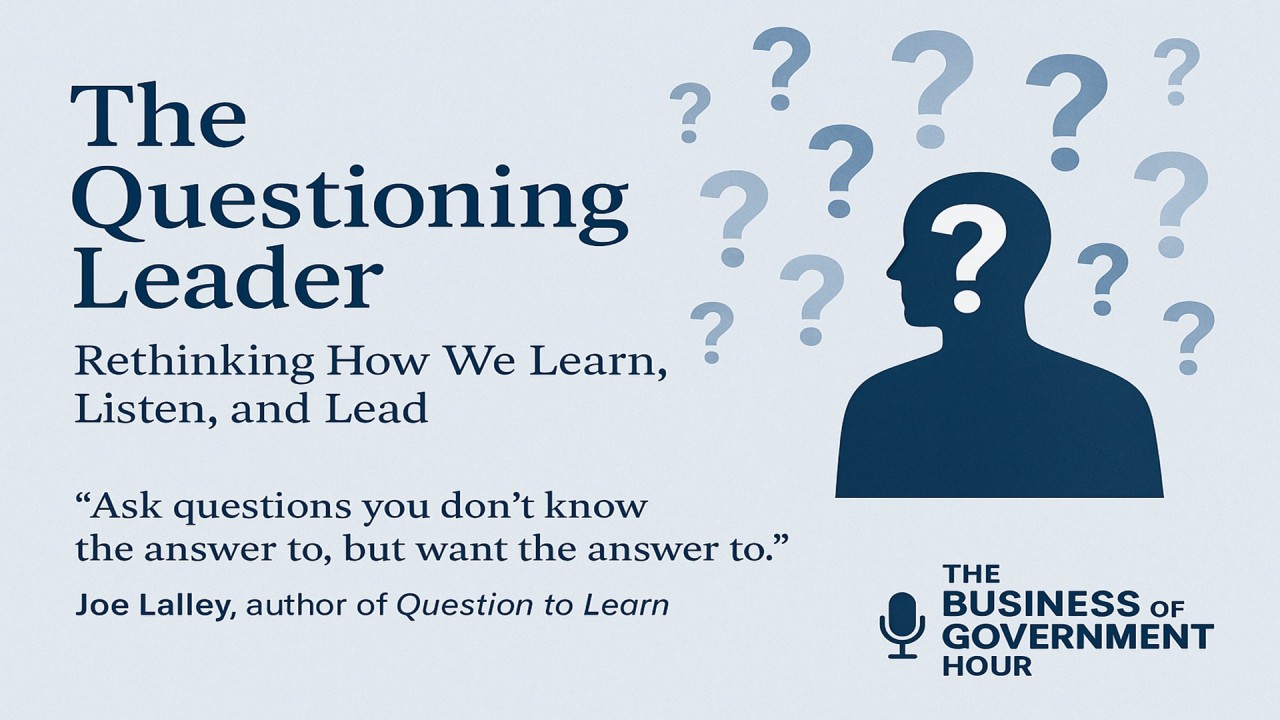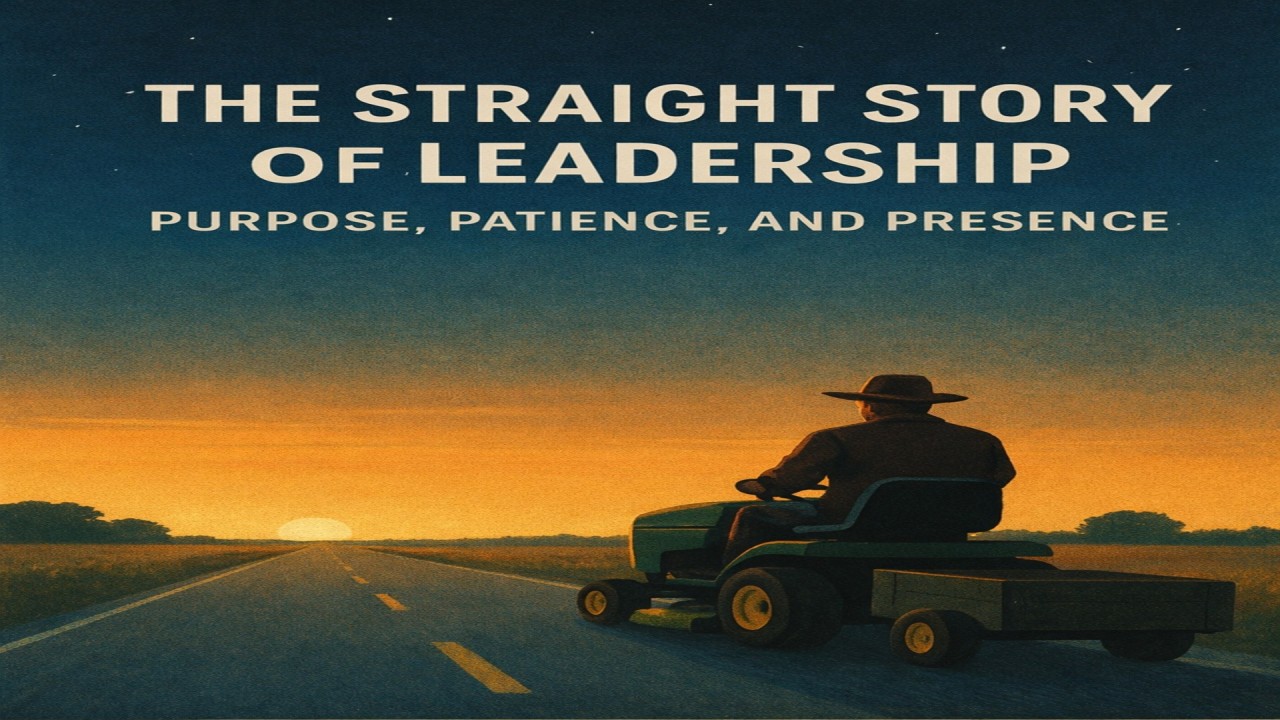Mar11

In a conversation with one of my mentee Solution Architects, he asked me an interesting question.
I began to answer the question with the relevant technical skills, like Site Resilient Engineering and Responsible AI, etc., but then I took a pause. These technical skills are important and are relatively easier to build in comparison to the soft skills that a solution architect needs to possess going forward. In this blog, I am summarizing what I end up telling my mentee in response to the million $ question.
While your technical knowledge and qualifications take the lead in your professional life, skills that set your professional tone are equally important. These are known as your soft skills that are non-technical skills that relate to your work ethics. To be relevant in the post-COVID world, Solution Architects need to learn the following soft skills:
To pave the path for the future, a solution architect needs to possess creativity and the ability to re-imagine. When you’re faced with a challenge, what is your usual approach — do you find a way around it, a way to solve it, or a way to make it better?
The advancements in Artificial Intelligence and Robotics have got one to think where we are headed towards, and some might even jokingly refer to a Terminator-like tomorrow. Solution Architects need to imagine realistic possibilities that might occur in the future where humans, robots, and virtual agents coexist. The introduction of 5G will fuel these advancements, along with others, and architects need to reimagine customer journeys in a 5G-enabled world.
Solution Architects’ ability to Re-Imagine solution design, business processes, and customer journey along with Business Acumen would be one of the most important differentiators. You need to be innovative enough to design & deliver business functions while keeping business constraints, like time, budget, quality, and available human resources, in mind.
Solution Architects need to challenge the existing processes and assumptions of the industry and reimagine new processes and the flow for customer journeys. Additionally, they need to possess the ability to emphasize customer experience over technology. Solution Architects need to shift the mindset and ensure that the product/service that the business offers is focused on decoding the needs and demands of their stakeholders rather than boating a technology that is difficult to traverse through.
Communications are getting virtual increasingly and there is a need to direct collaboration. Virtual collaboration requires a solution architect to uphold ethics and maintain integrity. Today, solution architects need to be responsible for their actions and maintain their deadlines accordingly.
Collaboration helps teams leverage each participant’s strengths and dedication. Solution Architects need to make sure to give credit where it is due because collaboration is all about shared success.
I have learned from my experience that no one progresses solo. Solution Architects leaders need to impart their industry experience, develop their ability to coach, and try to mentor all the beginners in the industry. A team succeeds when you take your colleagues along with you on the path of progress.
I would rather take it one step further, going forward the difference between a good Solution Architect and a great Solution Architect would be about how big is the network of Solution Architect. I would suggest Solution Architects should invest in developing their own network of resources (social fabric within the enterprise and broader IT ecosystem) and establish a collaborative way (ethical and with high trust) to leverage the network on its merit and capabilities that your network brings to the table.
Post-pandemic success depends on how a solution architect adapts to the new changes and adopts versatility to his competencies.
It is important to not build an ivory tower. This means to be ready to dirty your hands to build Proof of Architecture. You should be prepared to make decisions and be prescriptive in your recommendations, and design instead of providing twenty different options. It also entails comprehending the importance of cultural change from a perspective of mindset, processes, and methodologies.
In the past, the Solution Architect role was seen as a bridge between Infra Architect, Network Architect, Security Architect, Storage Architect, Application Architect, and Database Architect. With Public Cloud adoption, some of the roles have been shifting or becoming irrelevant with a new persona of Cloud Solution Architect. Going forward, I would suggest Solution Architect should invest in developing some functional skills to achieve versatility.
It is very easy to over-complicate things with an influx of diverse ideas. Solution architects need to engage the art of simplicity when it comes to making business decisions. When internal processes are kept simple and goal-oriented, your enterprise becomes agile.
Decisions should reflect a no-nonsense approach and should be aimed at achieving all your long-term and short-term goals. The art of simplicity is direct and useful when Solution architects are struggling with a mission-critical decision for a project. Taking a lead in the decision-making process also requires the ability to re-imagine solution design, business processes, and customer journey along with business acumen.
Solution architects need to traverse through EQ aspects related to self-awareness, self-confidence, and self-reflection. Solution architect leaders should be able to give constructive feedback & criticism to their co-workers, as well as they should possess the ability to handle tough conversations and lead such correspondence.
A person’s ability to be empathetic as well as sympathetic appropriately in diverse situations will dictate how well you’ll do your job as it relates to playing well with others. Remember you never know what people are going through, so be mindful, give them space, and use your EQ in all your communication.
Problem-solving requires making decisions. There is always an element of the unknown that can never let a solution architect prepare enough for the future. So, while structuring your moves can contribute to the success of the process, intuitiveness and an element of good luck will ultimately decide the result.
A simple litmus test here is “When you’re faced with a challenge, do you find a way around it, a way to solve it, or a way to make it better?”
You need to be innovative and creative enough to what best you can design & deliver within business and technology constraints (Current Technology Platforms, Time, Budget, Quality, Available Talent).
We’re geographically distributed across the globe and the need for clear communication is increasing with every passing day. Effective communication has always been a key required skill for Solution Architects. In the current time, I think, Solution Architects need to add Active Listening as another tool in their Effective communication toolkit.
Active listening seeks to understand first than to be understood. When communicating with your colleagues, ask yourself the following — “Are you listening to understand or respond?” This small trick will humble you down and assist you in actively listening to them.
Active listening would often bring higher attention to detail, developing trust at the speed of light and the ability to connect with others. Active listeners also know when information is missing, and if one develops the skills to ask precise questions, then it will allow them to ask relevant precise questions to fill the gaps and create a big picture.
In addition to the above-mentioned soft skills, a solution architect must also possess:
The world is slowly adapting to the new reality. I feel that it has created a new level playing field for everyone as we have an opportunity to start from a clean slate and redefine roles in the ecosystem of cloud computing while broadening the scope of solution architecture and enterprise architecture. By moving beyond your technical compatibilities and adopting these soft skills, you will build resilience against the new challenges.
Keywords: Cloud, Entrepreneurship, Data Center
 LinkedIn Voice for Sales
LinkedIn Voice for Sales Succession Planning is Hard because it’s Identity, Structure, and Systems All at Once
Succession Planning is Hard because it’s Identity, Structure, and Systems All at Once The Corix Partners Friday Reading List - February 13, 2026
The Corix Partners Friday Reading List - February 13, 2026 The Questioning Leader: Rethinking How We Learn, Listen, and Lead
The Questioning Leader: Rethinking How We Learn, Listen, and Lead The Straight Story of Leadership: Purpose, Patience, and Presence
The Straight Story of Leadership: Purpose, Patience, and Presence